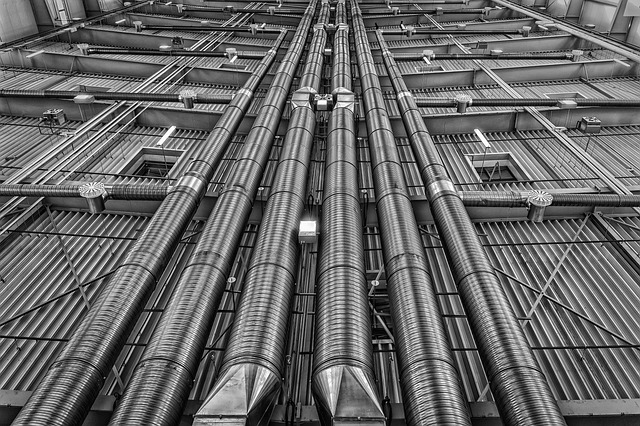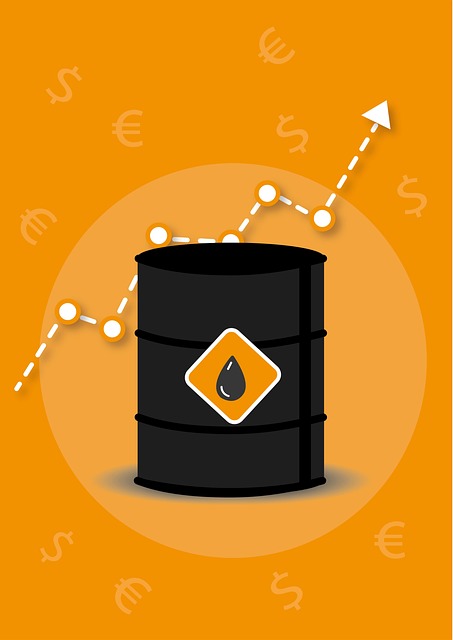Corrosion in water heater tanks causes leaks and failure; choose glass-lined, polymer-coated, or stainless steel tanks for longer lifespans. Modern tanks with insulated jackets and energy-efficient heating offer enhanced durability, reducing operational costs. Corrosion-resistant materials combat harsh conditions, ideal for high-humidity areas or locations with corrosive water, ensuring consistent performance.
“Discover the secret to a longer-lasting water heater with durable tank construction. Corrosion, a common enemy, can significantly reduce the lifespan of traditional tanks. This article explores how choosing corrosion-resistant materials and incorporating innovative design features can mitigate this issue.
We’ll delve into the science behind corrosion, guide you through selecting robust materials, and highlight design advancements that ensure your water heater tank stands the test of time. By understanding these factors, you can make an informed decision to extend the longevity of your water heater.”
- Understanding Corrosion in Water Heater Tanks
- Choosing Corrosion-Resistant Materials
- Design Features for Increased Durability
- Benefits and Longevity of Corrosion-Resistant Tanks
Understanding Corrosion in Water Heater Tanks

Corrosion in water heater tanks is a common issue that can lead to significant problems over time. Water, especially when it contains minerals and impurities, can cause gradual deterioration of the tank’s material, particularly in metal tanks. This process can result in leaks, reduced hot water storage capacity, and even failure of the entire water heater system. Traditional water heaters, often made from steel or stainless steel, are susceptible to corrosion, especially in areas with hard water or high humidity.
Residential water tanks, whether gas tank heaters or electric tank heaters, require proper maintenance to prevent corrosion. The use of corrosion-resistant materials, such as glass-lined or polymer-coated tanks, offers a durable solution. These advanced water storage systems are designed to withstand the effects of mineral buildup and acidic water, ensuring longer lifespans and reliable hot water supply. With an appropriate tank capacity, these modern alternatives can provide efficient and dependable hot water for homes, catering to various needs without the worry of corrosion-related failures.
Choosing Corrosion-Resistant Materials

When designing or replacing a water heater tank, selecting corrosion-resistant materials is paramount for ensuring longevity and optimal performance. Traditional metal tanks often suffer from rust and corrosion, leading to leaks, reduced efficiency, and premature replacement. Therefore, modern solutions favor corrosion-resistant materials such as stainless steel, aluminum, or linings made with special coatings designed to deter rust formation.
For storage water heaters, tank capacity is a key consideration alongside material choice. Residential units typically range from 20 to 100 gallons, with larger hot water storage systems suitable for households with higher demand. These materials not only safeguard against corrosion but also stand up to the constant heating and cooling cycles, ensuring years of reliable tank water heating. Whether opting for gas tank heaters, electric tank heaters, or other water storage systems, choosing the right material can significantly extend the life of your traditional water heaters while maintaining consistent hot water supply.
Design Features for Increased Durability

Modern durable water heater tanks are designed with several features that significantly enhance their longevity, especially in challenging environments where traditional water heaters often struggle. One key aspect is the use of corrosion-resistant materials, such as high-quality stainless steel or reinforced plastic, which safeguard against rust and scale buildup. These materials not only ensure the tank’s structural integrity but also prevent leaks, a common issue with poorly constructed water heaters.
Furthermore, advanced design elements like insulated jackets and energy-efficient heating elements contribute to increased durability. Insulated tanks minimize temperature fluctuations, reducing the risk of thermal shock that can cause cracking or failure over time. Energy-efficient electric tank heaters, for instance, offer precise temperature control and lower operational costs compared to their gas counterparts, extending the lifespan of both the heater and the hot water storage system as a whole. This combination of robust materials and innovative design makes modern durable water heater tanks superior choices for residential use, ensuring reliable hot water supply for years to come.
Benefits and Longevity of Corrosion-Resistant Tanks

Corrosion-resistant materials in water heater tanks offer numerous benefits, significantly enhancing their durability and lifespan. These materials are designed to withstand harsh conditions, such as constant exposure to water, varying temperatures, and moisture, which are prime catalysts for corrosion in traditional metal tanks. By selecting a corrosion-resistant tank, homeowners and business owners can expect longer-lasting hot water storage systems, reducing the need for frequent replacements.
This type of water heater tank is a game-changer for both residential and commercial settings. They provide superior performance, especially in environments with high humidity or corrosive water, which are common causes of traditional water heater failure. The longevity offered by these tanks translates to cost savings over time, as users can enjoy reliable hot water without the worry of premature tank replacement, a common issue with traditional storage water heaters. This feature is especially beneficial for larger homes or businesses that demand substantial hot water storage capacities, ensuring consistent performance and peace of mind.
Durable water heater tanks constructed from corrosion-resistant materials offer a reliable solution for homeowners, ensuring longevity and performance. By understanding the causes of corrosion, selecting appropriate materials, considering design features, and leveraging the benefits of resistance, you can significantly enhance the lifespan of your water heater tank. Investing in these corrosion-resistant options pays off in the long run, providing peace of mind and consistent hot water supply for years to come.
